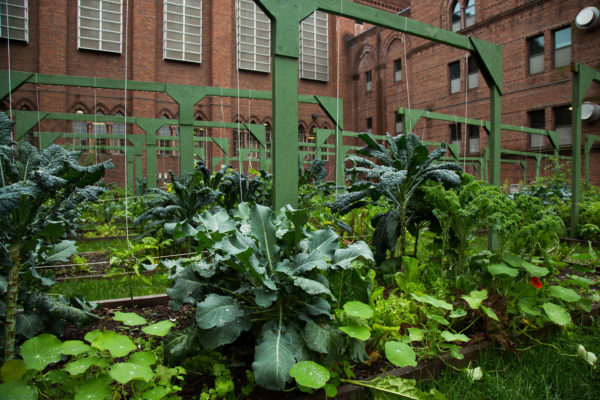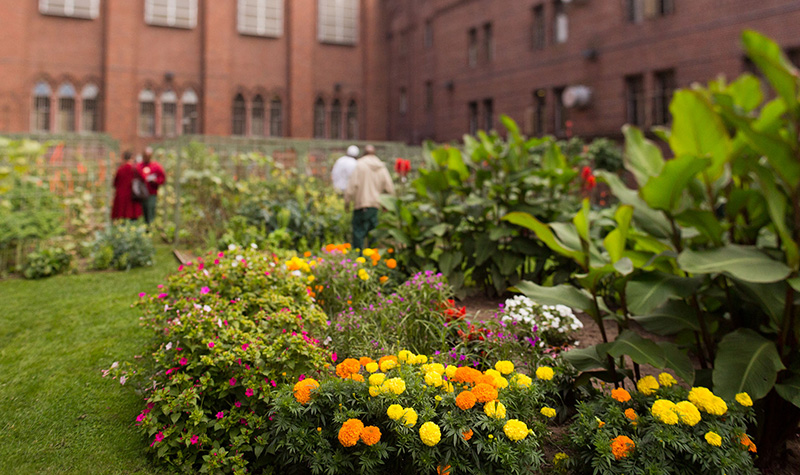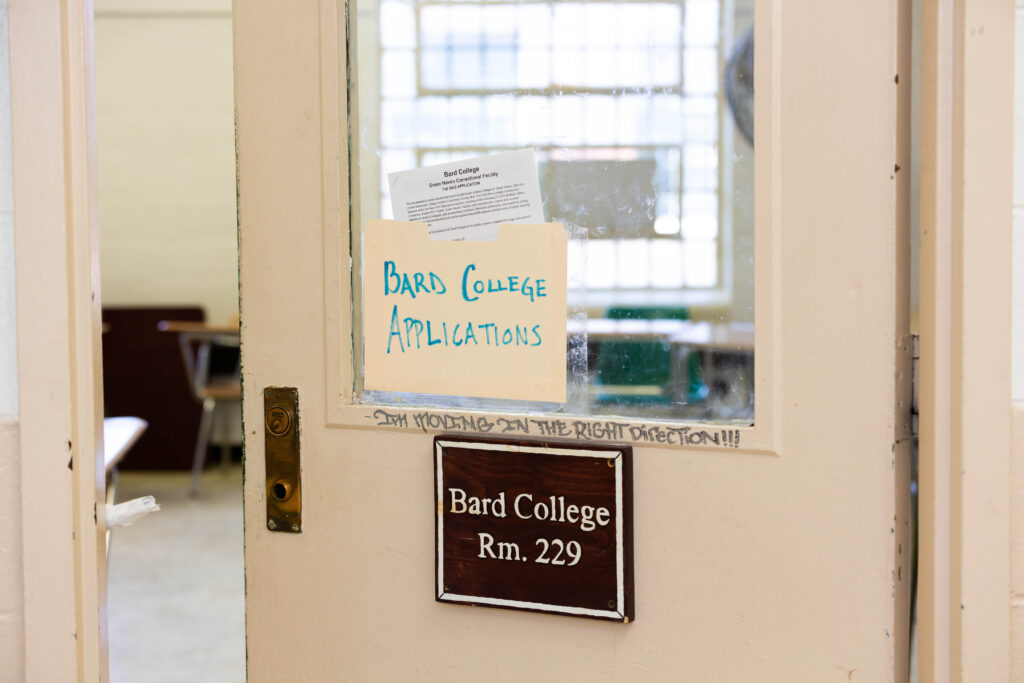This is a summer to remember: several strings of days in the 90s and drought hitting the Hudson Valley, “severe” in many places. This, only a year after the wettest summer in the past four years. And this, during a summer full of dire news about heat waves, forest fires, melting ice and our changing climate. But the BPI gardens have been stewarded well and are thriving.
At Fishkill, gardeners are outside three days a week. They spend most of their hours – you guessed it – watering. But they have beautiful tomatoes, potatoes, peppers, broccoli, cabbages and turnips. All of the garlic has been harvested and they just planted their fall crops, hoping for another strong harvest time in September and early October. They have decided to save several seed types while working in collaboration with a local seed company on a seed-saving project. They’ve marked some lettuce, cilantro, pepper and turnip plants to save seeds from, which means rather than harvesting and enjoying these produce they leave them in the ground or on the vine. It can be a difficult act: forgoing food for today so that you can grow food for the future. And each vegetable requires different care and conditions in order to create viable seeds. The practice of seed saving is ancient and only since the modern industrialized global food system’s hegemonic power has saving seeds from one’s farm or garden fallen out of practice for the majority of us. The students are happy to bring it back, recognizing where it sits in history, valuing the power of planting one’s own saved seeds and appreciating the life and nourishment they are passing on.

The garden at Woodbourne got off to a very late start due to facility closures, but Dean & Farmer Paul Marienthal has reported that they were able to plant in early July after clearing thigh-high weeds. They were able to put broccoli, lettuce, chard, cucumbers, tomatoes, cilantro, bush beans, red cabbage, zucchini, basil, thyme and marigolds into the soil and just recently planted kale and rosemary. A “pretty full assortment,” he said. At Taconic, the gardeners have been able to visit the garden in the early morning hours – the very best time to tend to the plants while the hot summer sun is still low in the sky and the plants are breathing the carbon dioxide being released from the soil. They have healthy eggplant, okra, tomato and cucumber plants, they’ve been harvesting well from their leafy greens of lettuce, kale, chard and cabbage, and they have tended to the volunteer tomato plants that popped up throughout their beds. The major challenge this season has been the squash bug. Despite diligent leaf checking, the squash bugs have gotten to the zucchini. Thankfully, not before they managed to have a healthy harvest.
So following a hot and dry July, here we are in August, the busiest month for farmers – after April – since every garden task imaginable is calling to you. The tasks of weeding, watering, sowing, planting, mulching and harvesting are relentless. But once the fall crop is tucked into the soil and we eventually get some rain around these parts, we’ll turn the corner to one of the best times in the garden: the September summer days.




